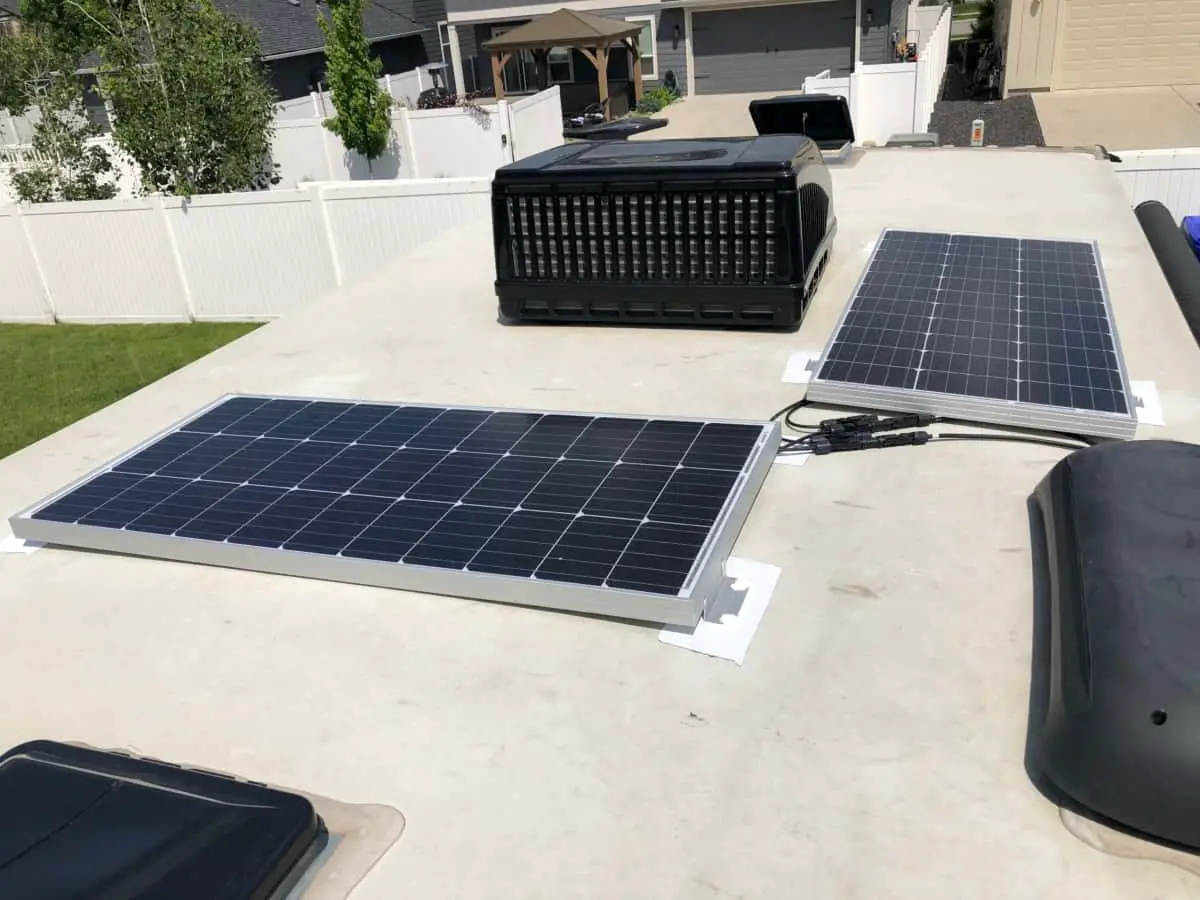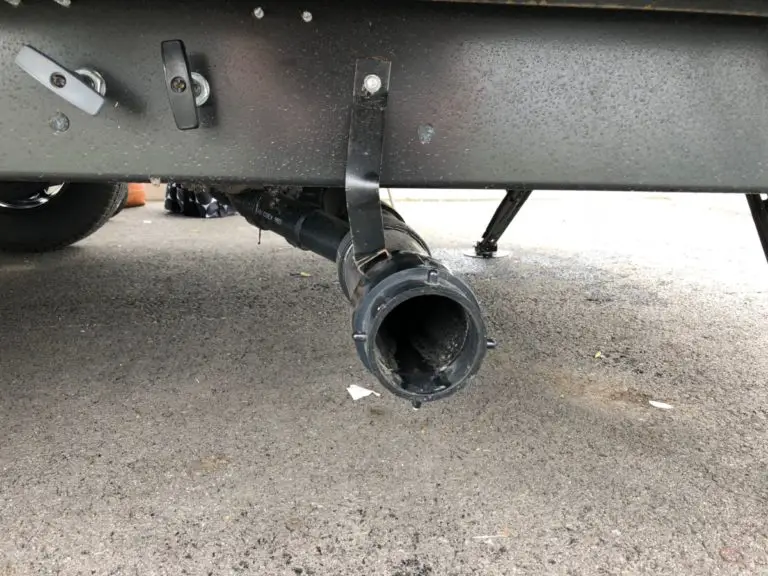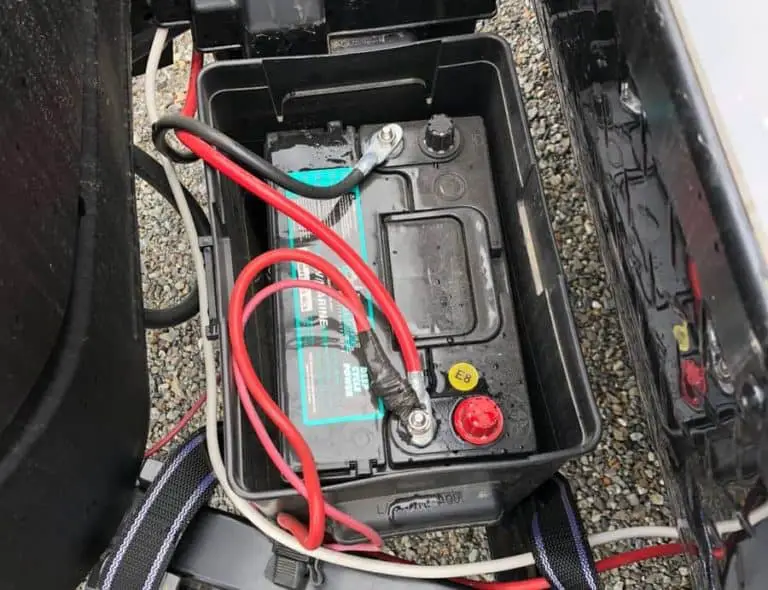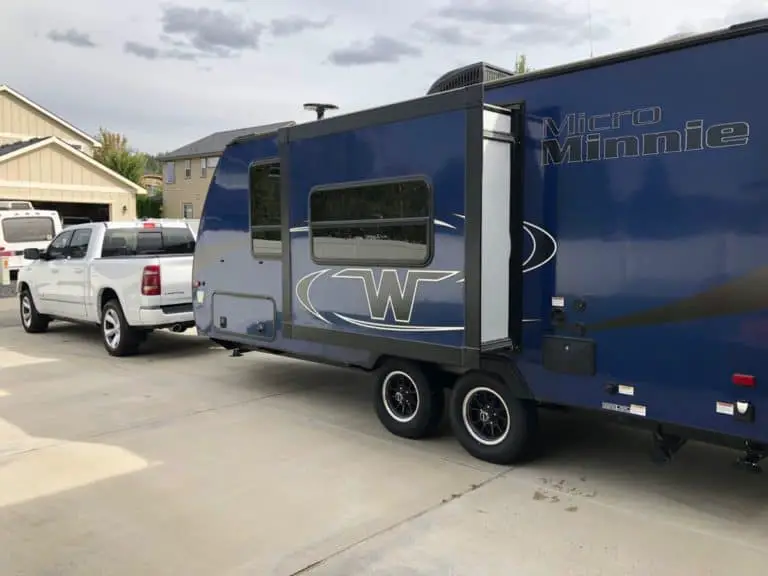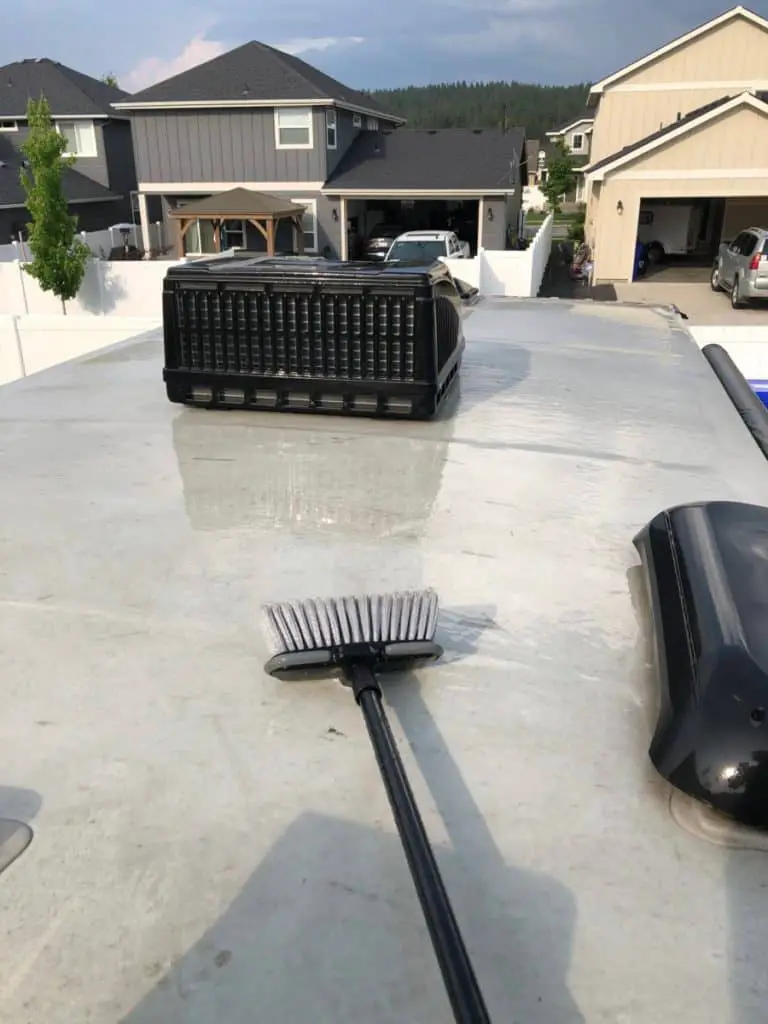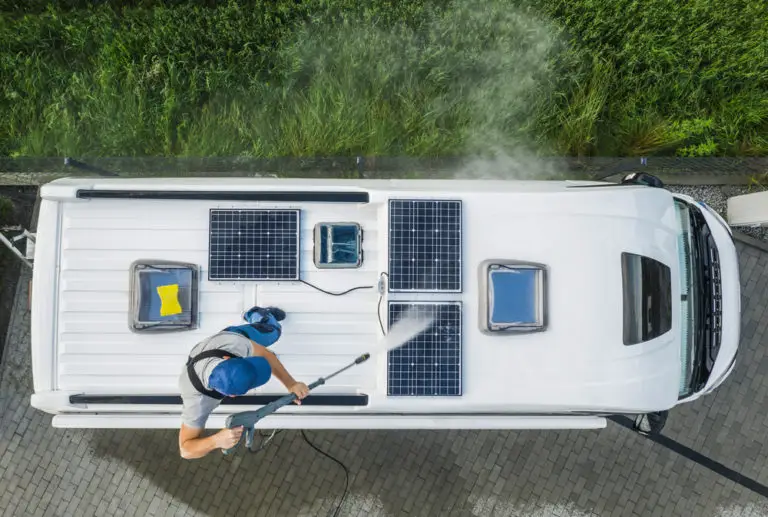What is the Best Type of RV Roof on the Market?
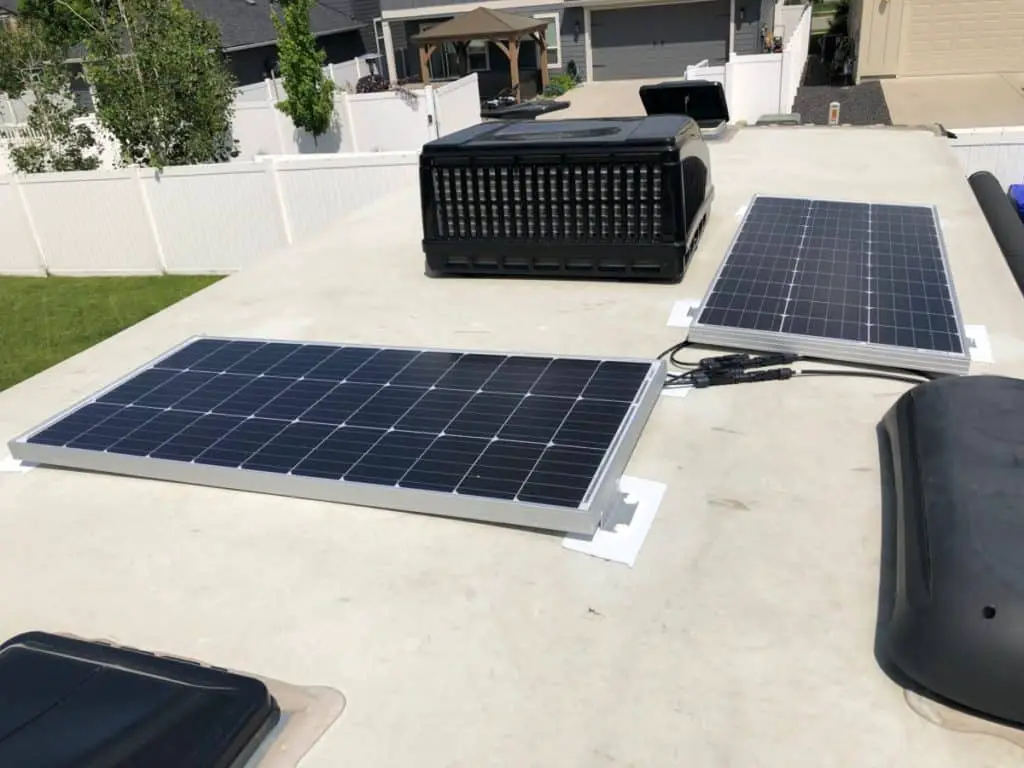
One of the things that RV owners are most concerned about is their RV roof. Chances are that you have put a lot of thought into what is the best type of RV roof for you. This is because the roof plays a crucial role in contributing to the longevity, leakproof, and comfort that you get from your lovely motorhome.
RV roofs can help protect you and the other stuff in your vehicle from getting rain-drenched and will be deteriorating from day one from the sun’s harshness and other weather elements. It can also offer excellent protection from other dangerous elements and unexpected hazards when you are ‘cruising’ in your RV.
This, among many others, contributes to why RV owners are mostly concerned about their roof. It is not rare to find an RV owner asking the question; “what is the best RV Roof for me?”.
The best RV roof on the market is a rubber EPDM roof. They are cost effective to repair/replace, durable, are warrantied for at least 10 years, and are common and cheap to replace as compared to aluminum or fiberglass roofs.
Well, if you are one of such owners who want to know about the best RV roof, you are in the right place. We will help you answer that question in this article.
What is the Best Type of RV Roof?
It is important to note that all humans do not have the same taste for RV’s. Your RV roof type will typically be dictated by the brand or type of RV that you want as typically changing the roof type is not an option.
If you are a stickler with what type of roof you want on your RV, you may be shopping for brands that have that roof and pick your model from there.
To guide you in making the perfect personal choice, let us look at the different types of RV roofs, alongside their pros and cons.
There are four types of RV roof, including;
- Rubber EPDM roof
- Rubber TPO roof
- Fiberglass roof
- Aluminum roof.
Rubber EPDM Roof
EPDM is an acronym for Ethylene Propylene Diene Monomer. It is a type of membrane rubber material that is used for making flat RV roofs. The Rubber EPDM roof is one of the most popular RV roof types today, because of its lightweight and easy to install nature.
Pros
- It is very easy to install.
- Its lightweight nature helps to reduce the burden on your vehicle.
- It does not scratch, scrape, or dent easily.
- Maintenance and repair are quite easy.
Cons
- It absorbs more heat than the other options.
- It can get easily punctured by a low hanging branch.
Rubber TPO Roof
One of the most common materials for making RV roofs today, TPO stands for Thermal Poly Olefin. It is a single-ply rubber type material, and its versatility of installation options contributes to the popularity it is enjoying in the market today. TPO roofing is also used on commercial flat roof buildings and is very durable.
Pros
- The material comes in white color, which helps to reflect heat.
- It offers a variety of installation options to suit the user’s preference.
- It is affordable.
Cons
- It lacks consistency in its quality, and durability can vary according to the producer.
- It is easier to wear out or degrade verses fiberglass or aluminum.
Fiberglass Roof
A fiberglass RV roof is rarer to find than the Rubber EPDM and Rubber TPO roof types. It is made from a mix of glass fibers and artificial materials, organized in large panels. Fiberglass RV roofs are thick and hard to the touch. Also, it is costlier than the two types of RV rubber roofs, but a lot more durable with branches or hail.
Pros
- It is quite durable and entertains low-risk of damages.
- It is resistant to rust, rot, and fire.
- It is lightweight and aesthetically pleasing.
Cons
- It is more difficult and expensive to repair.
- When exposed to excess heat, it may form thermal splits.
Aluminum Roof
Aluminum is, perhaps, the rarest type of material used for making RV roofs. It has considerable low maintenance, but it adds weight to the vehicle.
Pros
- High range longevity.
- Capacity to withstand tree limb piercing.
- It is less prone to holes from friction.
Cons
- It is not heat resistant.
- It is not glue-compliant.
Apparently, each type of RV roof has certain advantages and disadvantages that are peculiar to it. None of them has it all. This factor, alongside the existence of individual preferences, makes it quite tricky to point to an overall best RV roof for all RV users. However, several considerations could help you make just the perfect choice. Let’s have a look at some of them.
What are the Top Considerations for Choosing the Best RV Roof?
Roof Cost: The cost of a product is usually the first consideration many people make when in a situation to choose between different options of a similar product. You have to know what your budget is and go for what you can afford. The prices of RV roofs vary according to their type. It is best advised to go for what you can conveniently afford.
Maintenance Requirements: Another critical consideration for choosing the best RV roof is its maintenance requirements. The four types of RV roofs that were discussed earlier in this article require different maintenance commitments. It would be best if you went for one that has the most convenient requirements for you.
Specs: When choosing the best roof type for your RV, it is essential to consider the specs according to how they suit your vehicle and purpose. For instance, it is best to go for a more durable option if you are looking to explore delicate natural settings with it. On the other hand, you should go for a more straightforward option if you want something easy to set up.
Getting the best RV roof might not be as simple as you think it is. This is because there are several considerations to be made if you want a perfect choice. They include the type of RV roof, roof cost, specs, maintenance requirements, etc. In this article, we have discussed some of these requirements to help you make the right choice.
Be the first to be notified about FREE tips, hints, coupon codes, and email-exclusive information. All for FREE!

